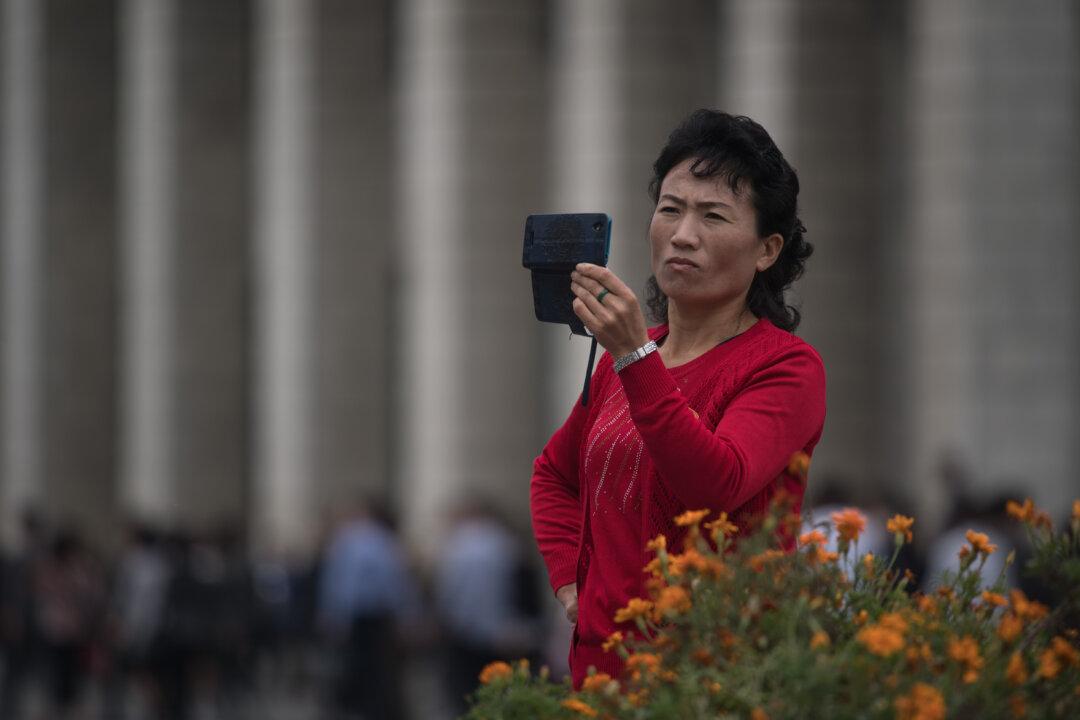Strict information control in North Korea prohibits residents from getting information from anything but official sources.
While South Korean dramas are a particularly sought-after indulgence, some cadres worried about getting caught up in one of Kim Jong Un’s purges or falling out of favor amid interparty jockeying are looking for reassurance from an unlikely illicit source—fortune tellers.





